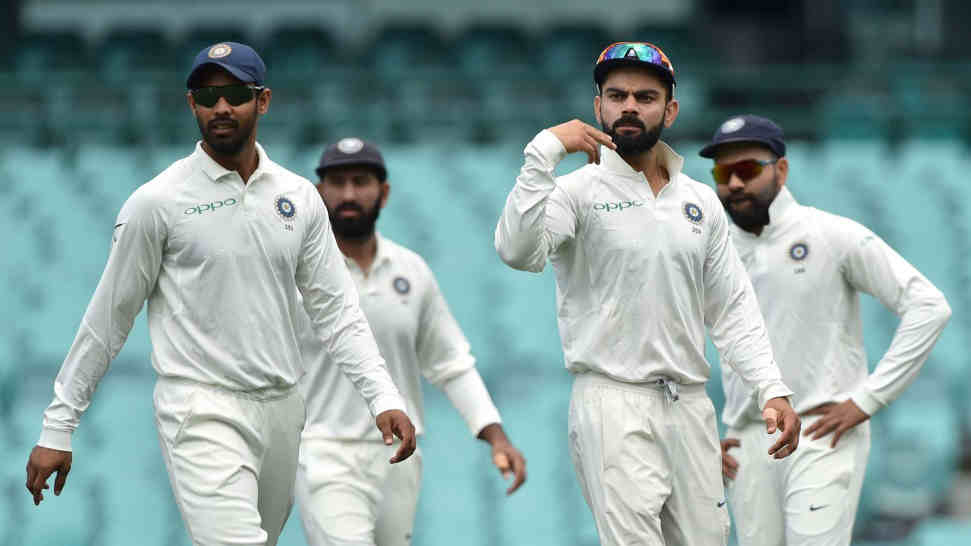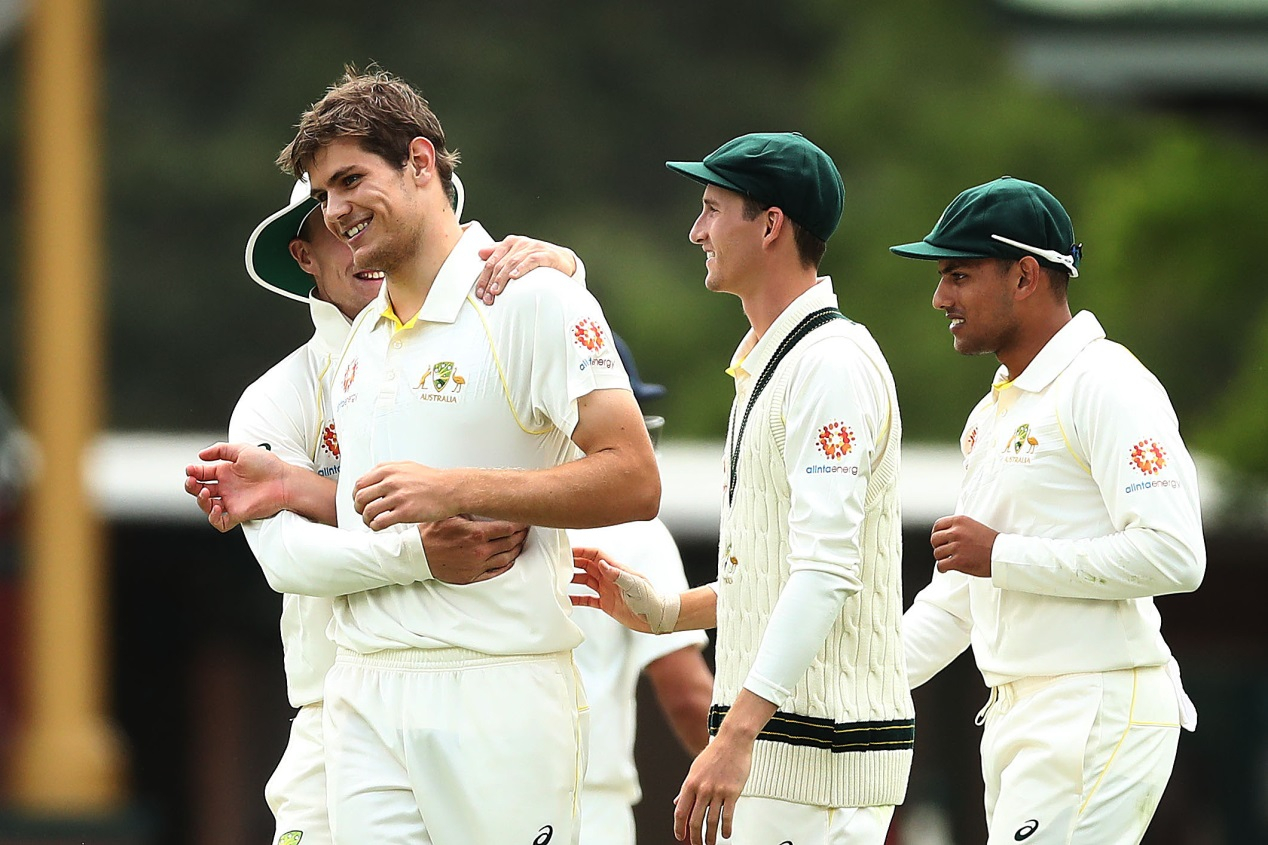
Sports
15:22, 04-Dec-2018
10th Anniversary of 'Monkeygate': Can India & Australia leave the past behind?
Updated
14:25, 07-Dec-2018
Suvam Pal

The countdown has already begun for the much-anticipated Test series between India and Australia as the battle for the world number one spot in the five-day version of the game will also mark the 10th anniversary of the infamous "Monkeygate" saga.
Ten years ago, the world of cricket was facing its darkest hour, since the Bodyline series of 1932-33, with the intense rivalry between the two cricketing superpowers from two different hemispheres pushing the gentlemen's game to a labyrinth of uncertainties.
More than the cliched term of "Monkeygate," inspired by the infamous "Watergate" (and not to be confused with the similar sounding moniker for the Volkswagen emissions scandal), the episode almost pushed "world cricket to the brink of a divide in early 2008," as mentioned by renowned cricket historian Boria Majumdar in his tell-all book "Eleven Gods and A Billion Indians."

Australia's Aaron Hardie (2nd L) celebrates with teammates after taking the wicket of Indian skipper Virat Kohli during day two of the four day International Tour Match between the Australia XI and India at Sydney Cricket Ground, November 29, 2018. /VCG Photo
Australia's Aaron Hardie (2nd L) celebrates with teammates after taking the wicket of Indian skipper Virat Kohli during day two of the four day International Tour Match between the Australia XI and India at Sydney Cricket Ground, November 29, 2018. /VCG Photo
The entire saga of the then Indian captain Anil Kumble, repeating a Bill Woodfull quote of the Bodyline series and lambasting the Australians that "only one team is playing in the spirit of the game" and subsequently, the Australian accusing Indian cricketer Harbhajan Singh of racially abusing their player Andrew Symonds, paved the way for an unprecedented standoff.
In Oxford-educated Majumdar's words, "While we will never know the real truth on "Monkeygate," it can be said with certainty that such a thing will never happen again in the annals of world cricket."
"With franchise cricket having taken over and with players from all countries spending a lot more time with each other than ever before, cultural differences and inter-personal relationships have seen a sea change over the last decade. What was once considered impossible is no longer unimaginable," Boria, an adjunct professor at the Monash University, Melbourne, elucidated.

SITEMAP
Copyright © 2018 CGTN. Beijing ICP prepared NO.16065310-3
Copyright © 2018 CGTN. Beijing ICP prepared NO.16065310-3